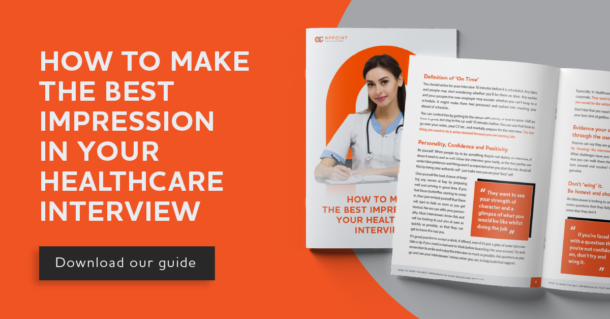Standing out in the crowd
Recruiters and employers can receive hundreds of CVs for each of the jobs they advertise, so you need to make yours stand out.
Initially, your CV is the only way a potential employer can identify you as someone they want to speak to.
Just like a shop window or the home page of a website it needs to impress quickly. If it doesn’t, you might be ignored – especially as they need to quickly identify you as someone with the right skills and experience to do the job. Make it easy for them!
How does an employer screen a CV?
Recruiters and employers rely on their knowledge of the jobs they are hiring for to find candidates with the best fit. These days, technology is also used to screen CVs and reduce the number of unsuitable applications. Both identify ‘keywords’ to reassure them that you are the right applicant.
Making each CV specific to the jobs you are applying for is vital. Yes, this will take you longer, but it will greatly increase your chance of being noticed.
Matching yourself to the job
When you have located a job you’re interested in, clearly identify which skills and experiences match your own. The job advert or job description should confirm what their expectations are. If these closely match your capabilities, this may be the right job for you.
Compare your CV with the job description: do you use the same words and language they do? The hirer or computer software will be looking for these in your CV. If they don’t see them exactly as they are in their document, they might pass you by.
If you’ve used a different term for the same skills or task, or used an abbreviation, they might not recognise this. Especially when a hirer only has a few seconds to spend on each CV to identify if you are suitable, getting this right is paramount.
Only use the same terms and then build on the explanation if required. This way, you can be seen and also provide clarity.
A few tips on formatting your CV
Be accurate. Spend time re-reading your CV. Spelling mistakes are another way a hirer can quickly reduce the CV screening time; if a spelling mistake is spotted you might be added to the ‘no’ pile.
We’ll talk more about how to set out the format of your CV in a future blog, but what you write in your CV is important. Keep in mind that that you need to be able to highlight why you are the best choice for the role from a large number of applications.
Think about the length of time it will take the hirer to recognise you as the best option and how much time they have on each CV. With this in mind, don’t ‘waffle’! You need to make sure you get your point across without going into chapter and verse.
What does your future employer need?
Look at your skills and experience from their perspective. What do you have that will add value to their business? Identify what benefit you’ll bring to them i.e. how your promotion of healthier living has helped to educate patients and increase awareness, how your care has improved the quality of life for your patients and how your management has improved the skills of your team.
It may look obvious what your skills are due to your length of service and qualifications. However, you should still highlight what you have achieved and the results.
The benefit of healthcare roles is that whether it is the private sector or the NHS, there is normally a detailed job specification which you can compare to your CV. Although there is a shortage of candidates in this sector, your potential employer may still be receiving a number of great applications.
Don’t take your application for your next job lightly. If you want that dream job, you need to make your CV stand out.





